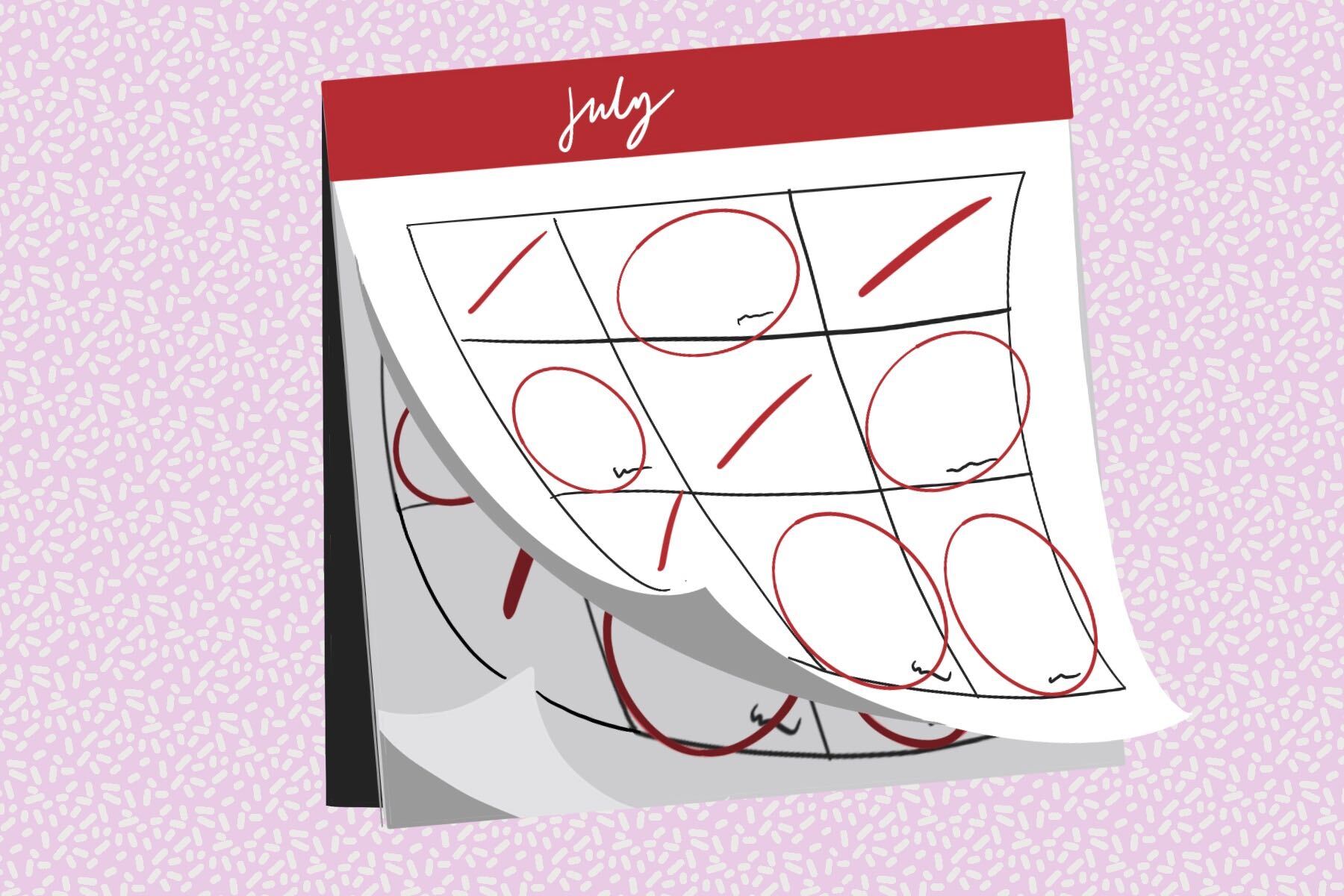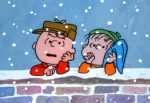For those of us struggling with intense boredom as we approach the five month mark of quarantine, July, or National Anti-Boredom Month, could not have come at a better time. This timely title was proposed by Alan Caruba of the Boring Institute and made official by the National Day Calendar website. The site is considered the authoritative source on almost 1500 national days.
However, many “national days” are created by organizations or companies. There isn’t a truly “official” process and the days need not even be registered on this website to be legitimate. The value of national days seems to be unrelated to any kind of official proclamation considering that most of us are just as willing to celebrate #NationalSiblingsDay as we are to celebrate Independence Day, or any of the 10 actual federal holidays.
Why Have “National Days”?
National day celebrations often entail consumption. Thus, the concept is a powerful marketing tool for companies looking to garner attention for their products. As early as the 1930s, Hallmark marketed National Friendship Day as a time to celebrate those closest to you (hopefully with one of their cards). With the rise of social media, the concept of the national day became even more powerful as hashtags and posts provided almost free advertising. The concept has exploded on social media, with scores of people posting for #NationalDanceDay, #NationalSiblingDay and countless others.
National days are just as adept at raising awareness for important causes as they are for specific products. Mental Health Awareness Month, for example, sets aside the month of May to raise awareness about the trauma of mental health conditions.
National days don’t only benefit those who invent them. Granted, when someone goes out and buys a milkshake on National Vanilla Milkshake Day, it definitely benefits Big Milkshake. But by buying that milkshake, that customer’s day could be more special than it might otherwise have been. Practical uses aside, national days are just fun to celebrate. Whether their celebration entails sending a heartwarming Hallmark card to a friend or starting a creative project during National Anti-Boredom Month (as National Day Calendar suggests), people undeniably have fun recognizing national days.
However, some people are still less than enthused by the concept.
Why don’t some people like national days?
National Day Calendar boasts that it tracks “nearly 1500” national days in total. July, in addition to being National Anti-Boredom Month, has 14 other titles. This definitely seems like a lot to celebrate. Intuitively, it feels like as the number of overlapping and ultimately arbitrary holidays continues to climb, the value of each will also arguably fall. After all, the more national days that exist, the less attention each of them gets. And there are ethical implications to taking the attention away from perhaps more important national days. Is the importance of something as meaningful as World Suicide Prevention Day watered down by the recognition of something like National Shapewear Day?
It is more so unsettling that the holidays we celebrate are completely dependent upon the whims of different companies and organizations. Our celebrations feel less personal as small parts of big advertising schemes. Parents who buy Play-Doh and play with their kids on National Play-Doh Day might feel that their fun is less authentic when they find out the day was declared in 2006 by Hasbro to sell a product.
Ultimately though, the commercialization of our celebrations is nothing new. Halloween celebrations wouldn’t be complete without throwing money at companies that make candy and spooky decorations. And no self-respecting American would have a Thanksgiving dinner without buying a turkey. Our more or less “official” holidays are just as much an opportunity for advertisement as the national days these companies create.
The Value of Celebration
We may not like to feel as if we’re pawns in some big company’s chess match. It may be frustrating to place something as important as the International Day of Non-Violence on the same plane as International Legging Day. But celebration still has value.
The notion of a diamond engagement ring was started by an ad campaign. But even knowing that, lots of people still get real joy from having a diamond ring on their finger. We know that the diamond ring itself is an arbitrary symbol for the very real love people have for their partners, and that this love would be there with or without the ring. But the ring provides just another avenue through which some couples choose to celebrate and enjoy that love.
We don’t need to feel like our celebrations are meaningless just because they’re arbitrary or because someone else gets something out of them. Celebrations can help others and are intrinsically good for our mental health as well. If we only choose to celebrate the things that meet some kind of impossible standard of importance, we may never celebrate anything at all.
If this pandemic has taught us anything, it’s that it’s important to celebrate little moments. With our big plans cancelled, and all of us coping with having less social media-worthy moments, it’s very easy to feel like there’s nothing to celebrate. For those of us still grappling with the reality of cancelled fireworks, even official holidays might not feel worth celebrating. But if having a national day about it can make something as small as eating some string cheese feel like a win, I say we should take that win.

















